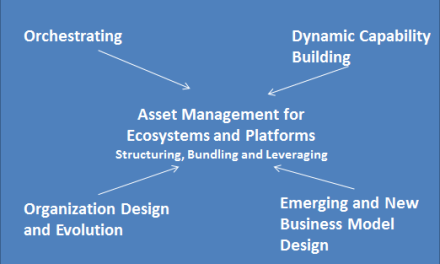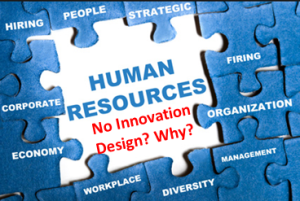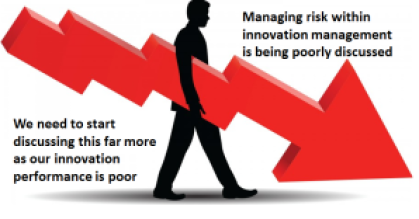 We all spend our Sundays in different ways. Some spend it recovering from the Saturday night, other spend large chunks of the day traveling to meet up with friends or family. Others go off to the gym, jog, take a run, or simply enjoy a day of pursuing something differently from their working week. We do different things. Mine is usually a mix of exploring and researching around innovation in the morning, a couple of hours at the gym, a walk to finish off and then a mixture of enjoying a nice home-cooked meal and a relaxing evening.
We all spend our Sundays in different ways. Some spend it recovering from the Saturday night, other spend large chunks of the day traveling to meet up with friends or family. Others go off to the gym, jog, take a run, or simply enjoy a day of pursuing something differently from their working week. We do different things. Mine is usually a mix of exploring and researching around innovation in the morning, a couple of hours at the gym, a walk to finish off and then a mixture of enjoying a nice home-cooked meal and a relaxing evening.
That part of the day spent on innovation, researching and reading, tends to partly stimulate my week ahead in different ways, as I try to reinforce what I’ve learned by applying this to the work gathered around me at that point in time. I am looking to see how it does help shape and influence it, it ‘fuels’ the coming-in week in some part. Of course, this greatly depends on what I am working on, for others and, for myself. Some weeks I just don’t find the opportunity to apply it, so that “Sunday thinking” sits there for another day or week, or even months before I revisit it or connect it back up. Continue reading “Innovation System Thinking on a Sunday! What, no roast or glass of wine? Later.”







